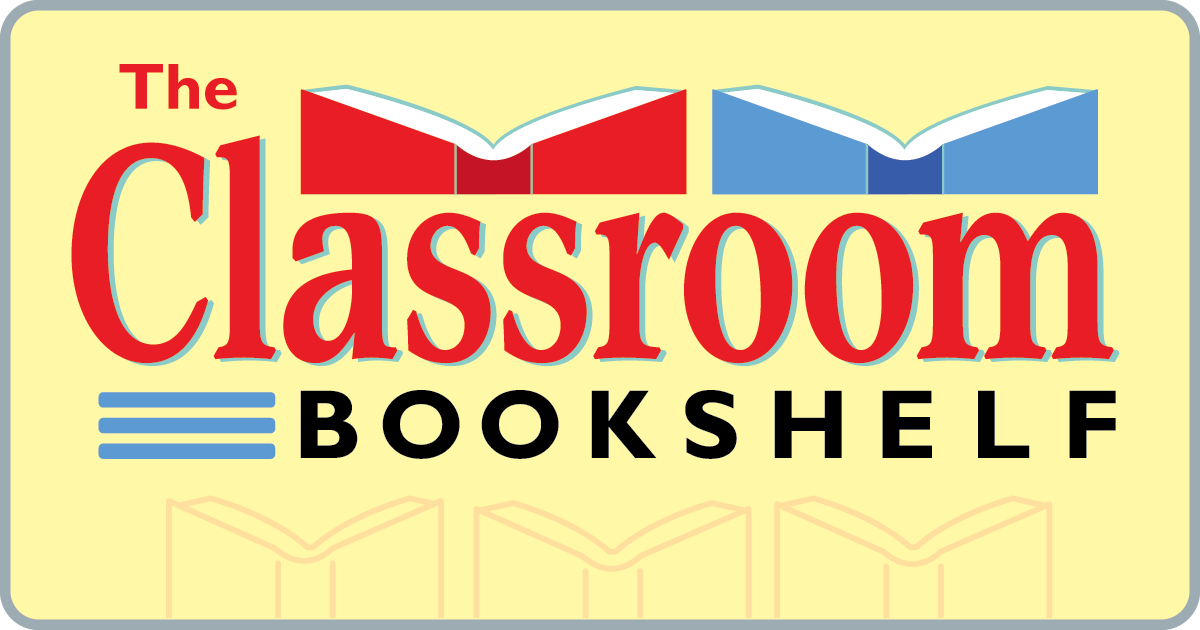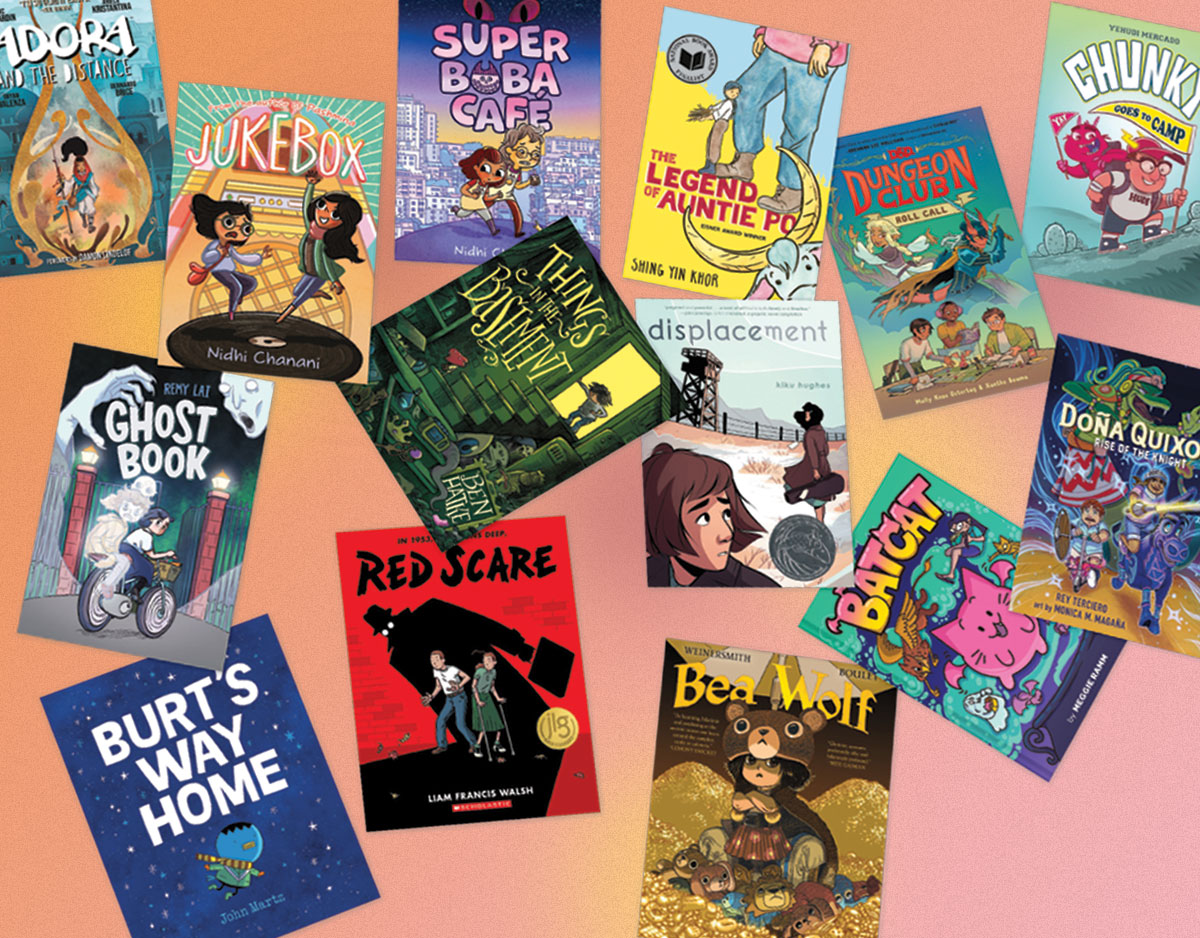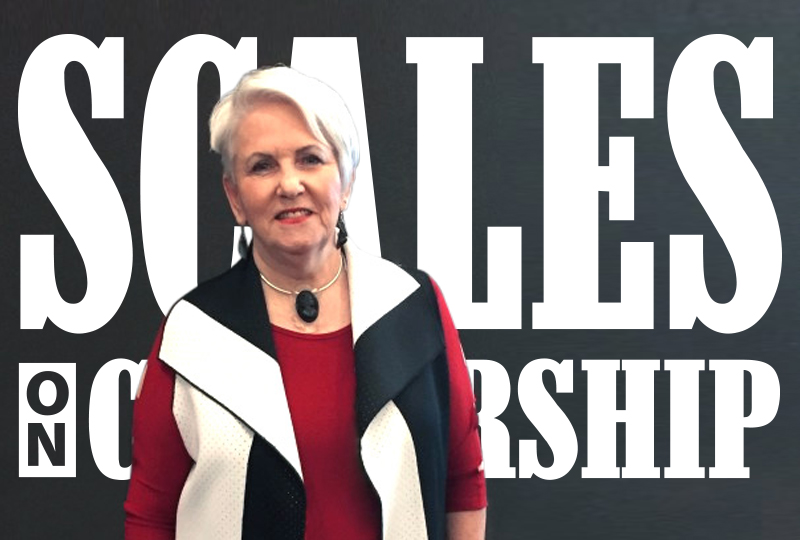2012 YALSA Award for Excellence in Nonfiction
- Comparing Biographies. If you teach language arts exclusively, you may teach a biography genre study. Put students in small groups in which they compare and contrast how one individual has been represented in multiple biographies. Have some students in the group read Jim Murphy’s The Real Benedict Arnold while others read Stephen Sheinkin’s The Notorious Benedict Arnold. How are the two biographies similar? How do they differ? How is each organized? What is the mood within each biography? Do the students read any bias for or against Arnold within either work? If you are a middle or high school social studies teacher, you may want to have students exploring biographies of leaders in American history or specifically the American Revolution, and this pairing would work equally well. The source notes in this book are a good starting point.
- From Benedict Arnold to Linsanity. To be called a “Benedict Arnold” is a terrible insult, as Peter Brady well understood (http://www.tv.com/shows/the-brady-bunch/watch/everyone-cant-be-george-washington-4990/ ). What other people from history or contemporary culture have been associated with good or bad deeds? Why do such labels work? Why do some labels “stick” while others fade away in a generation? How long will the word “Linsanity” make sense? Do your students know what being a “Polyanna” is? What about “going postal?” Have students ask older neighbors, grandparents, or parents what names or labels they remember from their teenage years, both positive or negative.
- Arnold’s Battlefield Victories. To what extent did Benedict Arnold use great strategy in battle, and to what extent was he simply bold and audacious? Have your students examine some of the critical battles of the American Revolution written about in The Notorious Benedict Arnold, and then, using the websites of those battlefield sites, have them map out or draw his actions. What could have gone wrong but didn’t? What did go wrong, but helped him?
- Exploring War. Before or after reading this book, have your students read the following blog entry (http://blog.schoollibraryjournal.com/nonfictionmatters/2012/02/17/the-military-and-us-a-problem/) and then the power point on the research it refers to (http://www.pewsocialtrends.org/2011/10/05/war-and-sacrifice-in-the-post-911-era/paul-taylor-slideshow/). What do they make of the Military-Civilian gap? What role do they think war should have in their curriculum? Do they feel that it is discussed enough at school? Too much? What kind of balance should exist in the social studies curriculum between biography and military, social, and political history? Do young men feel differently about this than young women? If so, why or why not?
- Exploring the Continental Congress. Throughout the biography, references are made to the Continental Congress and the careful balancing act George Washington had to perform in order to get what he needed. These efforts frustrate Benedict Arnold at various points in his life, leading to his ultimate decision to betray the cause. Typically, student in K-12 American education are not taught about the various personalities in the Continental Congress beyond what they might see in the 1972 film version of the Broadway musical 1776 (see excerpt at http://www.youtube.com/watch?v=DqAdlkJDt7k&feature=related) . Who were these men? How did regional politics and egos impact their decisions? Have students read a biography of one member of the Continental Congress, and compare it to The Notorious Benedict Arnold. Once students compare and contrast who these men were, and their collective strengths and weaknesses, perhaps they can use what they have learned to examine the similarities and differences in today’s Congress. In particular, students might want to examine decisions made by Congress over the past decade regarding the recently concluded war in Iraq and the ongoing military effort in Afghanistan.
- Alternative Histories. What if Benedict Arnold had succeeded? What if the British captured George Washington and West Point? Have students explore this possibility by creating fictional snapshots of what our nation would be today. Would it still be part of the British Empire? Part of Canada? What other moments in American history represent “near misses?” What if the Japanese had not bombed Pearl Harbor? Would we have entered World War II? Interested students might want to read The Year of the Hangman by Gary Blackwood (2004), set in New Orleans after the British have squashed the American rebellion (see Further Explorations below).
- Hero or Villain? Most American history books refer to Benedict Arnold as a villain, a traitor. Yet, as Sheinkin’s biography makes clear, there were many times during the American Revolution when Benedict Arnold’s actions, approved or otherwise, created American victories. Was Arnold justified in giving up on the American cause? Did Sheinkin do a sufficient job explaining why Arnold made the decision that he did? Was there any merit to Arnold’s decision? Was he treated fairly by fellow officers and the Continental Congress? In what ways were other colonists and members of the Continental Army as frustrated as Arnold? Is there ever a time when ending a war, rather than winning it, is more important? Was this one of those moments? Or like all the myths that surround him, was Arnold merely greedy for money, power, and recognition?Does he deserve contemporary admiration for his battlefield victories? How should the British feel? Is he “their” hero? Were British soldiers and citizens justified in reviling him during and after the American Revolution? Explore these ideas with your students, using some of the resources in Further Explorations (see below).
- Textbooks versus Biographies. Collect a sampling of American history textbooks that “cover” the American Revolution. Have your students compare and contrast in small groups the individuals who are cited in the textbooks for specific actions they took. What attention does Benedict Arnold receive? Are his positive contributions to the American cause included, or just his traitorous actions? Should they be?
- Aronson reframes the discourse around the American Revolution by discussing it in the context of Britain’s global empire and its need to balance colonial interests globally.
- As alternative history, this historical novel set in 1777 reveals the founding fathers living an underground existence in New Orleans. The British crown squashed their attempts at rebellion in 1776, and George Washington now awaits the hangman for his treason.
- This multiple-starred review biography explore Arnold’s life through the lens of his reputation, and the myths that surround him in American lore.
- In this coming-of-age story, we witness Peggy Shippen through the eyes of Becca Syng, her personal servant. When Peggy marries Benedict Arnold, Becca leaves the Shippen home to accompany Peggy to Mt. Pleasant.
Filed under: Awards, Biography & Memoirs, Nonfiction Chapter Books
About Mary Ann Cappiello
Mary Ann is a professor of language and literacy at Lesley University. A former public school language arts and humanities teacher, she is a passionate advocate for and commentator on children’s books. Mary Ann is the co-author of Teaching with Text Sets (2013) and Teaching to Complexity (2015) and Text Sets in Action: Pathways Through Content Area Literacy (Stenhouse, 2021). She has been a guest on public radio and a consultant to public television. From 2015-2018, Mary Ann was a member of the National Council of Teachers of English's Orbis Pictus Award for Outstanding Nonfiction (K-8) Committee, serving two years as chair.
ADVERTISEMENT
ADVERTISEMENT
SLJ Blog Network
2024 Books from Pura Belpré Winners
In Memorium: The Great Étienne Delessert Passes Away
Winnie-The-Pooh | Review
Parsing Religion in Public Schools
Finding My Own Team Canteen, a cover reveal and guest post by Amalie Jahn
ADVERTISEMENT








I liked that this read more like a fiction book even though it was packed with everything anyone could ever want to know about Arnold. I've been able to persuade a lot of students to read this.